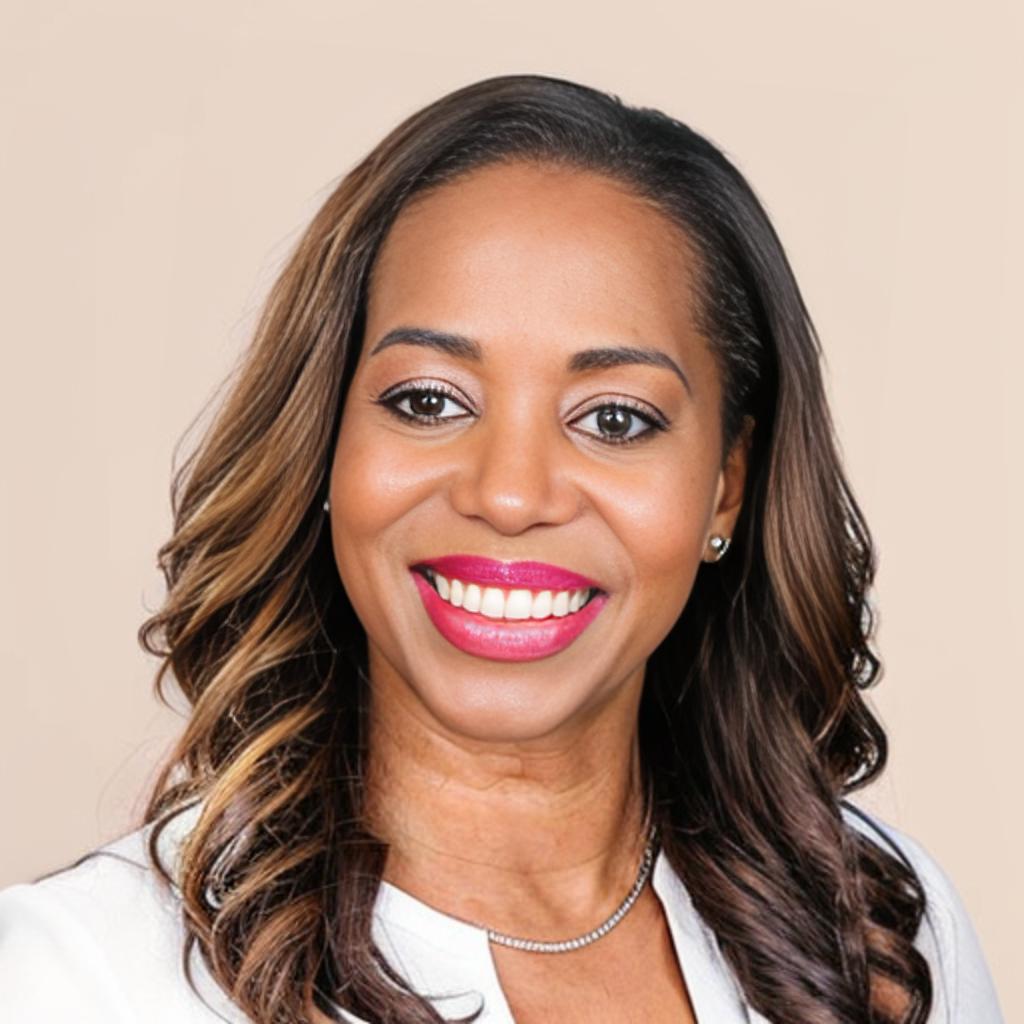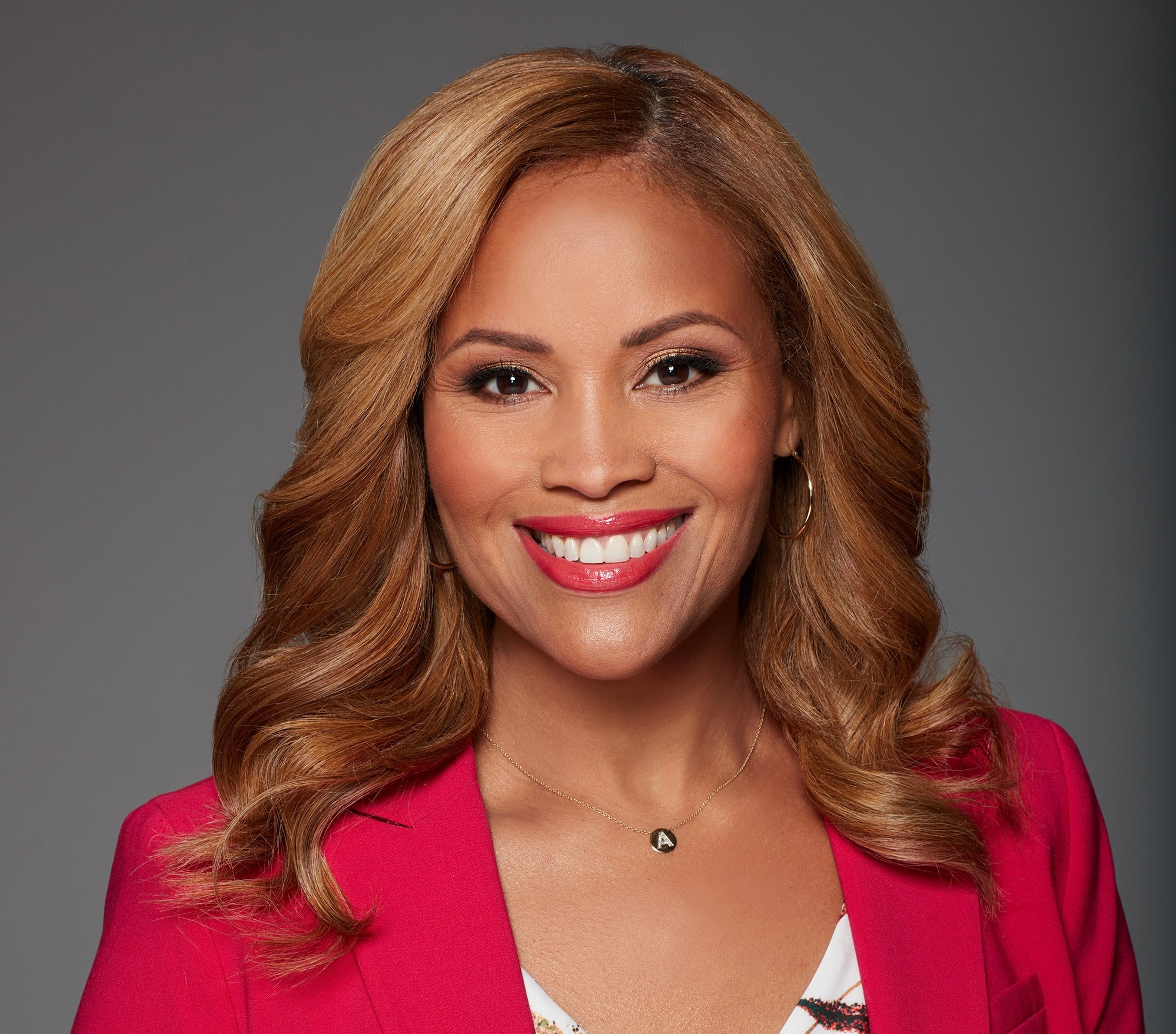
Moving from college life to a corporate environment is generally challenging, but for Gen Z graduates (those born roughly between the late 1990s and early 2010s) entering today’s ever-evolving workforce, the transition is particularly tough. As organizations grapple with AI integration, evolving hybrid and remote work structures, and redefining identities around corporate responsibility and DEI, today’s campus hires face the added task of navigating a workforce in flux. The rise of remote onboarding in many organizations further exaggerates these complexities as many are left to traverse fluctuating work setups, uncertain career pathways, and ambiguous trajectories from a distance. While disorienting, these intricacies also present opportunities for meaningful impact and more rapid career growth.
Executives across industries are witnessing the emergence of entirely new career paths, unimagined just a few years ago, creating unparalleled prospects for adaptable individuals who embrace the learning curve. Rachel Gillum, a V-level executive at Salesforce, embodies this ethos. “There is no single defined path. These roles require a variety of backgrounds,” she said, referencing the new job opportunities emerging out of necessity. As VP of Ethical & Humane Use of Technology, she holds a position that didn’t exist before her.
The timing of Gen Z’s entrance into the workplace positions them to take advantage of opportunities to fill the innovative roles today’s workforce presents. With the current ‘new normal’ as their only framework, they don’t have to unlearn old ways of working. This gives them a distinct advantage in adapting seamlessly to emerging trends. By leveraging their strengths, the newest generation of workers can thrive in uncertain workplaces and make significant impact. To help enterprising graduates seize the day, ESSENCE consulted Gillum and other industry leaders for key points of advice.
Embracing Continuous Learning: Insights for Newcomers in Emerging Tech Fields
Today’s workforce offers abundant technical, creative, and innovative opportunities, but excelling in them requires adaptability, proactiveness, and intellectual curiosity. As career paths like space tourism, quantum software development, and genetic editing gain prominence, the demand for roles such as biostatisticians, quantum cryptographers, even space habitat designers will also increase. Drone technology is among the rapidly growing trends, expanding quickly beyond its initial military applications. Industries such as agriculture, mining, and entertainment are leading the way in adopting this technology.
Shannon Nash, the Chief Financial Officer of Google’s drone delivery unit Wing, is an early pioneer in the field. With C-suite experience encompassing financial operations, fundraising, M&A, strategy, compliance, and governance, her background underscores the importance of diverse skill sets in emerging tech fields.
Nash urges those entering new and emerging industries to prioritize intellectual curiosity: “For recent graduates looking to break into innovative industries like drone technology or other emerging fields, my advice is to stay curious, adaptable, persistent, and prioritize networking.”

Unlike established professions, many roles in emerging technologies lack clear precedents, demanding professionals to navigate uncertainties with a broad set of abilities to meet varied and often unpredictable demands. Nash advises new college graduates to maintain a continuous learning mindset: “Embrace lifelong learning. The landscape of cutting-edge industries is constantly evolving, so it’s important to keep up with the latest developments, trends, and technologies.”
The ever-evolving and undefined nature of new tech fields necessitates versatility. “In technology industries, challenges and setbacks are part of the journey. Developing resilience, problem-solving skills, and a willingness to pivot when needed will help you navigate these obstacles and ultimately succeed,” Nash says.
Empowered Authenticity: Maintaining Your Voice In Creative Fields
In entertainment, Ayo Davis, President of Disney Branded Television, stands apart. Her influential career has shaped children’s and family entertainment. Behind the scenes, Davis empowers creatives, enabling the production of beloved series and movies. Her insights carry weight within the industry.

However, the happily ever afters she helps bring to our screens don’t necessarily translate with the realities of creative career pursuits. Davis emphasizes, there are no guaranteed one-size-fits-all formulas for building a thriving career, but leaning into innate aptitudes helps:
“While there isn’t one key to success, it’s so important to figure out what drives you, and to marry that drive’ with purpose. Maybe you’re driven to create art, tell stories, solve problems, or help others, for example. If you hone those skills, and activate them to make the biggest impact, not only will you find success, but happiness.”
For those in fields for whom storytelling is the vehicle of expression, Davis offers encouragement on the potential and impact of their work: “Some of the greatest leaders I know in entertainment are the people who were truly driven to use the power of storytelling to make a difference.”
For Gen Z graduates entering artistic industries, remaining true to themselves and preserving their unique voice and perspective is essential.
Leading with Ethics: Exploring New Pathways in Technology and Corporate Governance
Rachel Gillum’s career at Salesforce exemplifies the power newcomers have to lead and shape values in today’s dynamic workforce. She spearheads initiatives to ensure emerging technologies, like AI, prioritize fundamental human rights.
“We’re focused on making sure our products positively impact society and avoid harm,” Gillum told ESSENCE. “This means rigorously testing our models for bias and toxicity in our designs.”

The commitment to ethical principles aligns with the values of Gen Z employees. Deloitte’s 2024 Gen Z and Millennial Survey reveals that 86% consider a sense of purpose essential for job satisfaction, with a significant portion turning down opportunities based on ethical considerations. For recent graduates starting their careers, it’s important to align with employers whose ethical standards match their own.
As Gen Z graduates embark on their professional journeys, they find themselves uniquely positioned in today’s dynamic industries. Embracing continuous learning, creativity, and ethical leadership will help them navigate the complexities of the modern workplace and drive meaningful change.





